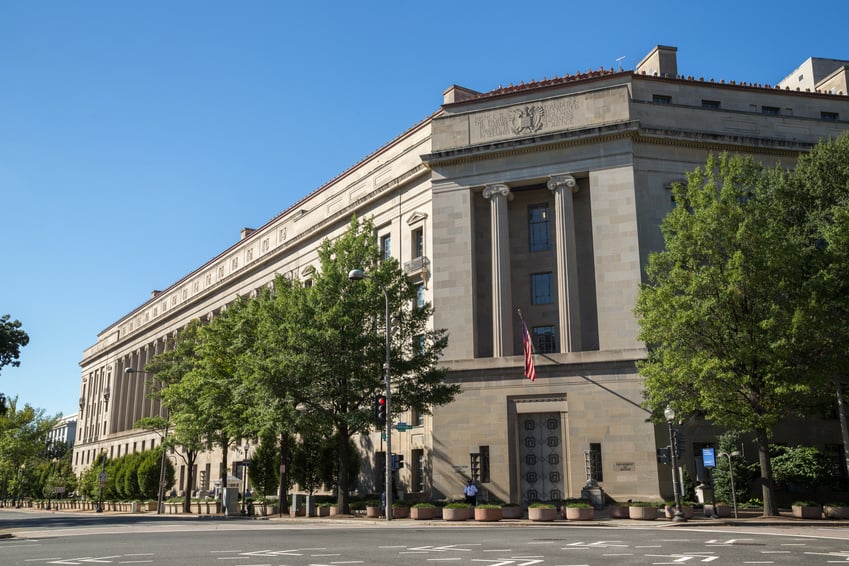In recent years, U.S. prosecutors have continued apace in resolving substantial, high-profile criminal and civil cases against companies for fraud and other misconduct. Convicting individuals who perpetrated the wrongdoing, however, has proven more difficult. Historically, few corporate resolutions have been accompanied by criminal indictments or civil suits brought against individuals. Because of a perception that individuals on Wall Street have yet to be held accountable for their role in the 2008 financial crisis, politicians and commentators have been focused on this issue. In this context, balancing corporate resolution of these matters with the prosecution of individuals has become a top policy priority for the U.S. Department of Justice (DOJ). On September 9, 2015, Deputy U.S. Attorney General Sally Yates issued a memo to all DOJ attorneys to provide guidance to prosecutors handling cases involving both companies and individuals. There are several significant developments directors should be aware of.
Corporate Cooperation Credit
Traditionally, the DOJ considers a company’s cooperation with the government when resolving corporate criminal cases. The department takes into account a number of factors, including the extent of the company’s internal investigations and voluntary disclosures in addition to whether the company produced documentation and made individual witnesses available to the government for interview. In a significant change from prior policy, the memo indicates that the government will go as far as to deny all cooperation credit for companies that fail to “learn of such facts [related to individual misconduct] or to provide the Department with complete factual information about individual wrongdoers,” notwithstanding any other cooperation that they may provide. This is effectively now a threshold requirement for receiving any cooperation credit. The memo pressures prosecutors to bring individual cases much more quickly.
Timely Resolution of Cases
The memo also states that “every effort should be made to resolve a corporate matter within the statutorily allotted time, and tolling agreements should be the rare exception.” The government has historically made extensive use of tolling agreements in complex corporate enforcement cases to extend the time it has to investigate and resolve these matters. The multi-year time line for resolving these cases is frequently a source of frustration for cooperating companies looking to remediate a historic compliance issue and move forward with their business.
Tolling agreements entered into with companies to resolve their own liability also have sometimes given an advantage to individuals who are able to avoid prosecution because the statutory time period lapsed during a lengthy corporate investigation. The government clearly wishes to avoid this situation going forward. In doing so, the memo pressures prosecutors to bring individual cases much more quickly. This is easier said than done.
Inability to Pay
In the past, the government has not tended to bring civil suits against those who could not afford to pay a significant financial judgment levied against them. The memo instructs civil U.S. attorneys to look beyond the government’s financial recovery and consider bringing civil cases against individuals based on other considerations, such as the severity of the alleged conduct. The objective of this significant policy shift appears to be to increase the number of cases brought, regardless of likely financial recovery, for the purpose of holding individuals accountable for their actions—and to deter others.



